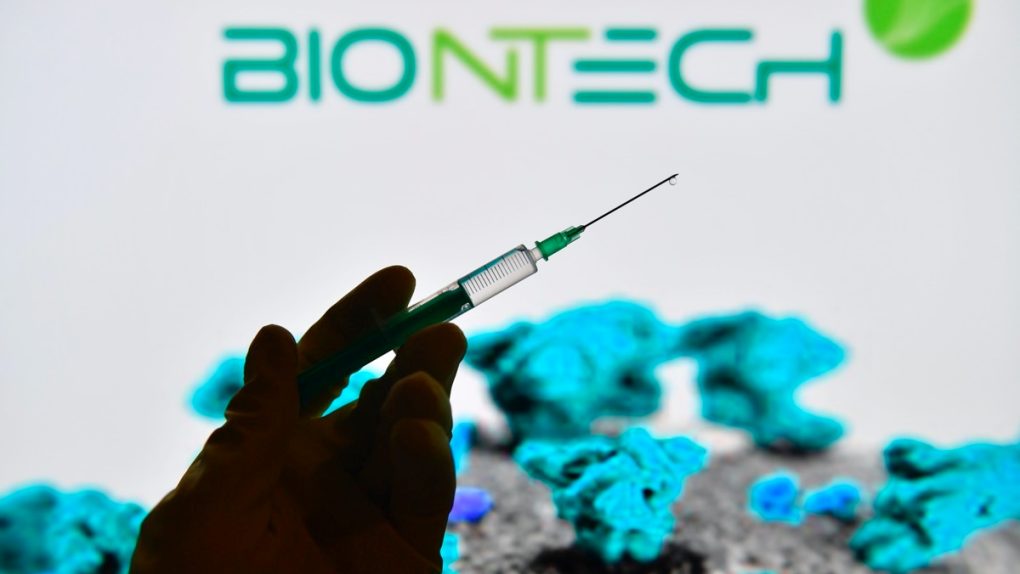- The latest coronavirus vaccine development update comes from the US government, which inked a new deal for a promising vaccine made by BioNTech and Pfizer.
- The government pledged nearly $2 billion to secure 100 million doses of the experimental drug, assuming the vaccine candidate clears the final stage of clinical trials and receives the required regulatory approvals.
- BioNTech and Pfizer are among the drugmakers that have shown the most promising vaccine results so far, and this deal is extremely encouraging news.
Coronavirus vaccine development is moving at a tremendous pace and more than 100 experimental drugs that have been devised to prevent the infection. Of those, at least a dozen are in clinical trials and several are approaching the last stage, which will be the largest. After proving they deliver the expected immune response, vaccines from Moderna, Oxford/AstraZeneca, and BioNTech/Pfizer are ready for Phase 3 trials. In addition to that, at least a couple of vaccine candidates from China offered the desired immune response in the first stages of trials. Moreover, word on the street is that Russia’s elite have already been given an experimental vaccine candidate, and that the country might have its own vaccine ready soon.
The US government has its own Operation Warp Speed in place, designed to hasten the development of therapies that can cure or prevent COVID-19. The government has partnered with Moderna on its vaccine effort and invested $1.2 billion with AstraZeneca for the manufacture of 300 million doses of its vaccine with Oxford. The latest development comes from BioNTech and Pfizer, which inked a deal worth $2 billion with the government for an initial order of 100 million doses.
The deal can be expanded to cover an additional 500 million doses, the companies said in a press release. Americans will receive the drug for free, which is consistent with the government’s commitment to free vaccine access for the American people.
Pfizer and BioNTech are set to start a Phase 2b/3 later this month and will seek regulatory approval as soon as October 2020. The companies plan to manufacture 100 million doses globally by the end of the year, and more than 1.3 billion doses by the end of 2021.
The agreement says the US government will pay $1.95 billion upon receipt of the first 100 million doses. That can only happen after Pfizer manufactures the vaccine and obtains an emergency use authorization from the US Food and Drug Administration (FDA).
Like Moderna, the BNT162 vaccine candidate is an mRNA vaccine. Clinical trials started months ago in Germany and the US, as BioNTech partnered with Pfizer on the effort. The companies have tested four versions of the vaccine, announcing a few weeks ago that the BNT162b1 version is the most effective. The drug successfully produced neutralizing antibodies in volunteers, matching or surpassing the levels of antibodies that COVID-19 patients developed after recovering from the infection. As for side-effects, “local reactions and systemic events were dose-dependent, generally mild to moderate, and transient.”
The FDA already granted two BioNTech vaccine candidates Fast Track designation in light of the US trial results. Earlier this week, the companies announced positive results from the German Phase 1/2 arm of the study, which included data about T cell response.
In light of recent discoveries that say circulating antibodies can disappear two to three months after the infection, researchers explained that the immune response is more complicated than that. The immune system can remember pathogens it encounters, and the novel coronavirus is no different. T cells can then deal with a future infection by helping to recreate the antibodies. Not all vaccines might be able to generate so-called “double protection” that involves antibodies and T cells. Drugs like the Oxford vaccine do, however.
That said, there’s no guarantee the any of these vaccines will be approved for use, which explains why the US government is hedging its bets by ensuring supply from different manufacturers. Some have criticized these moves, including Bill Gates, who warned that vaccines and drugs should not go to the wealthiest countries first.








